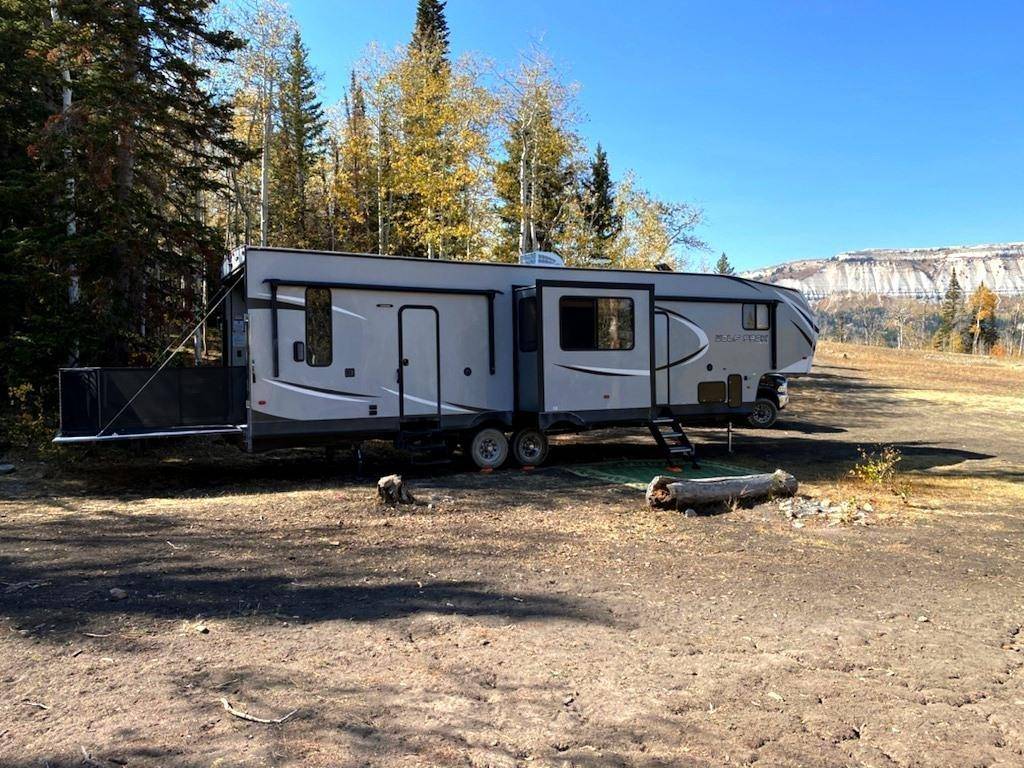Tips for public lands visitors to recreate responsibly this spring
BLM News Release
Public lands are an important part of many family traditions, especially during spring holidays. Bureau of Land Management (BLM) public lands experience an increase in visitation surrounding Easter weekend. In fiscal year 2020, the BLM Utah estimates that there were almost 8.4 million visits to public lands across the state, and visitation dramatically increases as temperatures start to warm up. The BLM asks visitors to plan ahead and follow local, state and federal guidelines, laws and regulations to ensure a safe visit.
Some BLM-developed recreation sites and areas may have limited services. Campgrounds, restrooms, trailheads, rivers and recreation sites may have restrictions or new operating procedures in place. For the latest updates on the operating status of sites and facilities, individuals should contact the local office and/or visit the BLM Utah website: www.blm.gov/alert/utah-operations.
The safety of our employees and visitors is the BLM’s highest priority. BLM staff are hard at work managing public lands to help the public recreate safely and to protect resources. While some of our visitor centers or field offices may still limit in-person services, you can still reach local BLM staff by phone or email. Many sites are currently open and, as you consider visiting public lands, please:
- Follow guidance from local, state and federal authorities, including the Centers for Disease Control and Prevention (CDC).
- Do not congregate at trailheads or other outdoor spaces. Have a backup plan so you can still enjoy the outdoors even if the area you are trying to visit is full or too crowded.
- Please follow the CDC’s social distancing guidelines and keep at least a six-foot distance from BLM staff and other public land users while you are recreating. Use a mask when physical distances cannot be maintained.
- Visitors to public lands should be self-reliant and come prepared to recreate responsibly. Tips include:
- Plan to pack out your trash. Trash receptacles overflow quickly during busy weekends. Improperly disposed of trash is a health hazard and harmful to wildlife.
- Proper human waste management is important to preserve natural areas and for public health. The organization Leave No Trace provides tips and best practices to dispose of waste properly here: https://lnt.org/why/7-principles/dispose-of-waste-properly/. Come prepared with a disposable toilet system in the event restrooms are unavailable.
- We have already seen a number of concerning human-caused fires this year. Please remember to extinguish campfires completely, ensure spark arresters on off-highway vehicles are working properly and never detonate fireworks on BLM public land. Please do not use explosive targets during recreational shooting; use is currently illegal in Utah.
- The weather can change quickly on public lands. Bring layers of clothing, plan accordingly and check the weather prior to visiting. If rain is in the forecast, do not enter any slot canyons or areas that are prone to flooding.
- Travel on designated motorized routes and trails. Do not create new trails or bypasses around obstacles.
- Reduce your impact on dispersed camping areas by choosing existing, previously disturbed sites. Do not create new sites in undisturbed areas.
- Let someone know your itinerary and the time you expect to return. Share a plan of action if you miss anticipated check in times.
- More information about planning ahead be found at: https://www.blm.gov/programs/recreation/know-before-you-go.
The BLM manages more than 245 million acres of public land located primarily in 12 Western states, including Alaska. The BLM also administers 700 million acres of sub-surface mineral estate throughout the nation. The agency’s mission is to sustain the health, diversity and productivity of America’s public lands for the use and enjoyment of present and future generations. Diverse activities authorized on these lands generated $111 billion in economic output across the country in fiscal year 2019—more than any other agency in the Department of the Interior. These activities supported more than 498,000 jobs.
Follow the BLM on Twitter, Facebook and Flickr @BLMUtah

